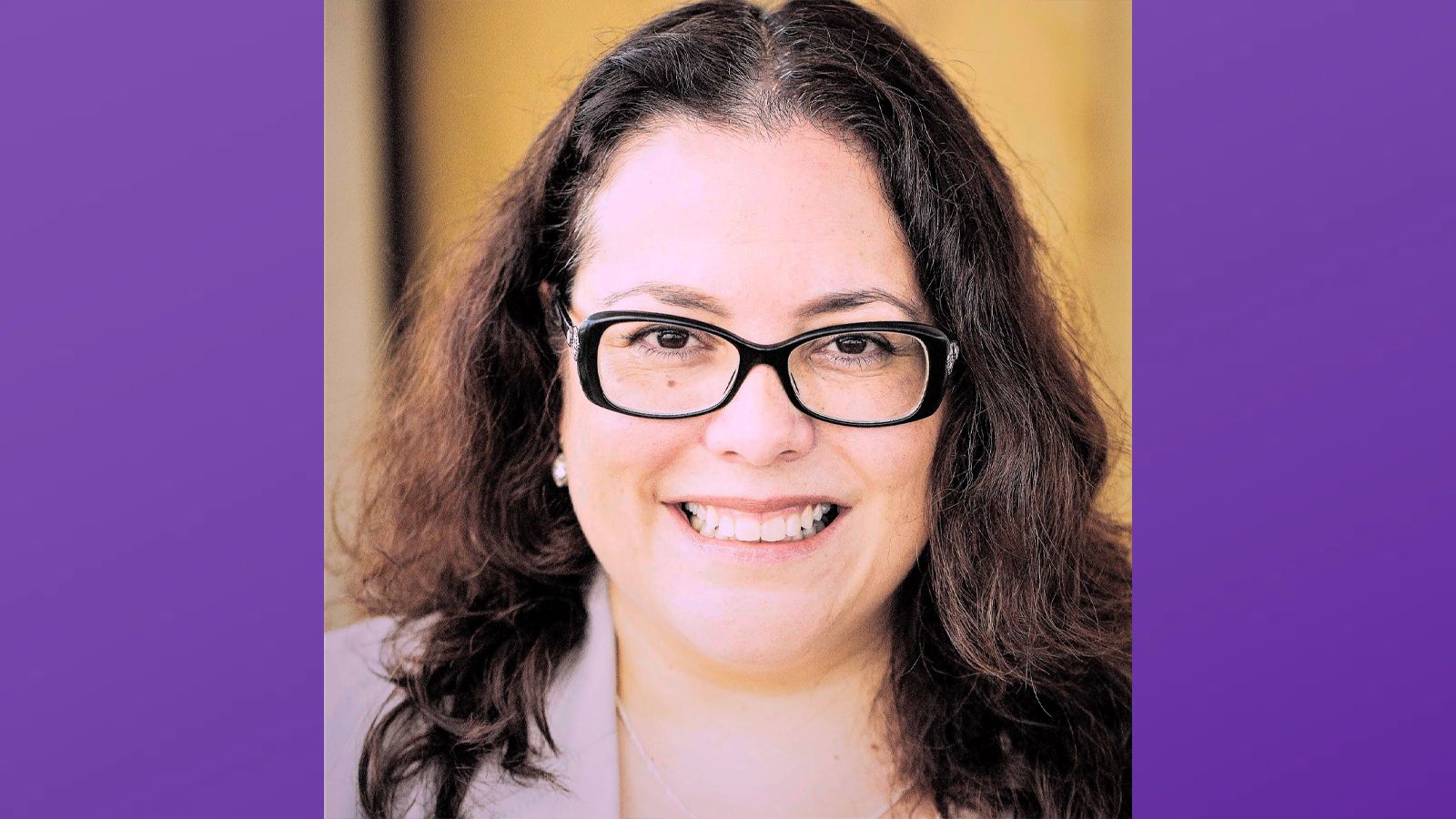Hunter’s new Associate Professor of Psychology Julia Lechuga arrived bearing a gift.
A behavioral psychologist who came in August from the University of Texas El Paso, where she earned her PhD, Lechuga is the principal investigator on a five-year, $3 million grant from the National Institutes of Health’s National Institute on Drug Abuse. The grant, which was awarded in 2021 and follows Lechuga to Hunter, aims to identify the best set of interventions for preventing the spread of HIV-AIDS among immigrant Latinx intravenous-drug users.
It’s life-saving work: When people with HIV take antiviral medication that renders the virus undetectable in their blood, they cannot spread the infection. But getting immigrants and others in tenuous or impoverished circumstances to take their medicine can be challenging.
“Despite advances in HIV treatment, people are still at risk for getting and transmitting the virus, especially people who inject drugs,” said Lechuga. “Our aim is to reduce the spread of HIV among the Latinx community by helping people improve their health and quality of life. I started this work in El Paso, but we see many of the same issues in New York City.”
Lechuga will involve undergraduate and graduate students in research activities, including forging and managing collaborations with community partners, and activities pertinent to community-based participatory research, such as community wide events, and collecting and analyzing data, and reporting results.
The Centers for Disease Control and Prevention estimates that people who inject drugs have accounted for about 10% of the approximately 40,000 new HIV diagnoses annually in recent years.
In El Paso, Lechuga worked with drug-using Latinx immigrants on the southern border — reaching out to them through community groups to find ways to reduce substance abuse, treat depression, and prevent HIV transmission.
Over the life of the grant, Lechuga will test four interventions to determine which best help HIV positive IV-drug users stay undetectable. Strategies include help obtaining HIV treatment, psychotherapy for depression, methadone treatment, and skills for adhering to medication schedules.
The next steps would be to expand the study to New York City in neighborhoods with a high proportion of Latino residents, such as Harlem and The Bronx, by forging collaborations with organizations that serve this population.


